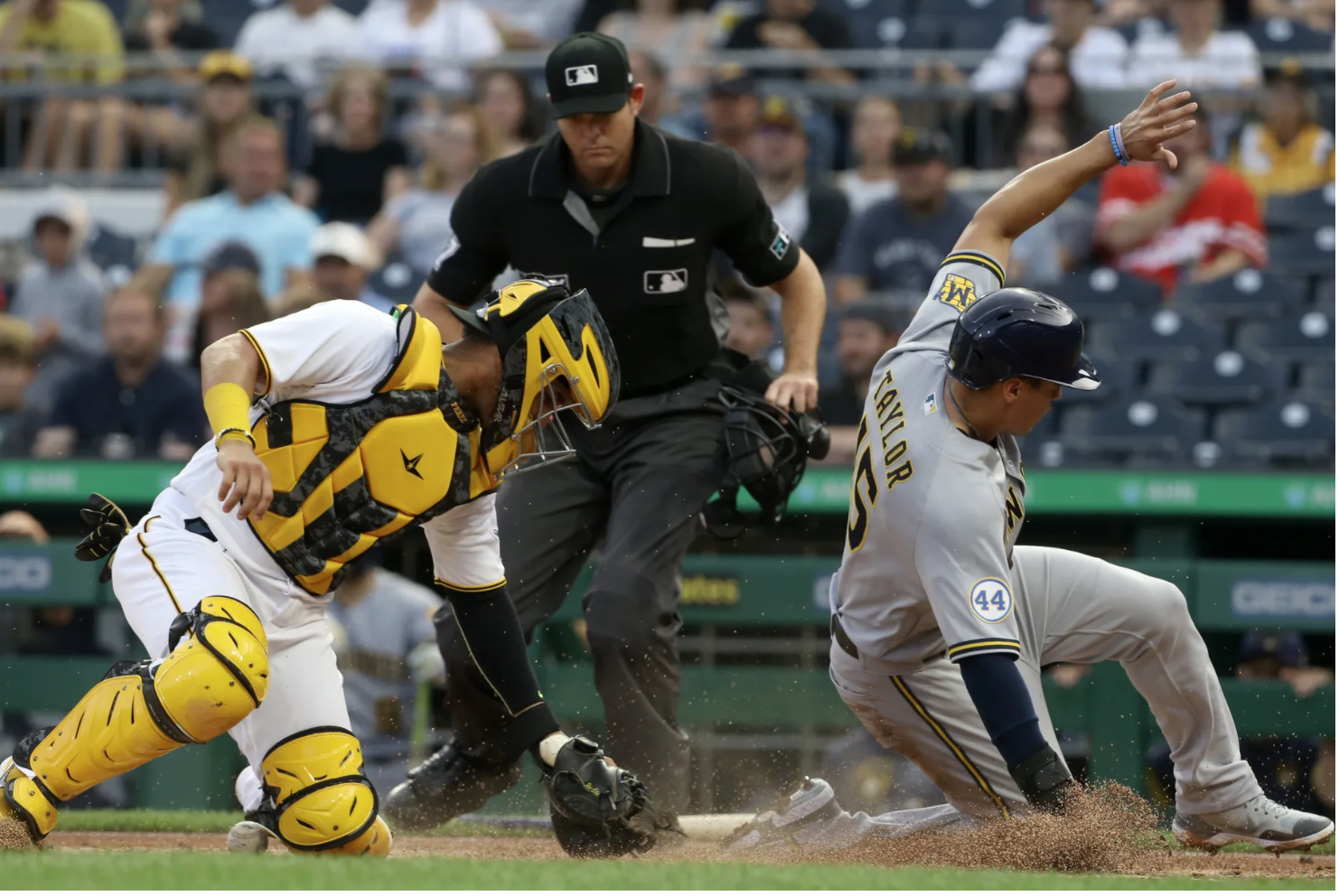Like many other workplaces, America’s favorite pastime will soon find itself in a labor dispute.
At 11:59 tonight, Major League Baseball (MLB) owners have signaled they will lock out its players’ union as they play hardball at the bargaining table with the union.
The lockout would be the first work stoppage since the 1994-1995 strike and likely galvanize public opinion behind the players’ union at a time when workers are striking in record numbers.
Like many workers, major league baseball players are upset that while revenue and profits are growing dramatically for MLB, team salaries and investments in players (particularly low-paid minor leaguers, whose minimum salary is $500 a week) haven’t kept up with the increasing profits.
All major league players are kept under the control of one team for six years in the major leagues, and seven years in the minor league system. During that time, they are unable to choose where they live and play and their earnings are significantly decreased compared to what they would get on the free-agent market.
In an era dubbed “The Great Resignation,” baseball players also want the ability to choose where they work like many other Americans.
Players are also challenging the economic model of Major League Baseball in which many smaller market teams operate essentially like “slumlords,” investing very little in player development while profiting heavily. Under MLB’s revenue-sharing model, larger TV markets like the Yankees are forced to share TV profits with smaller market teams like the Pittsburgh Pirates.
Teams like the Pittsburgh Pirates receive tens of millions in revenue-sharing subsidy teams while maintaining the perennial lowest payroll in baseball and one of the worst records in baseball. As players age, teams like the Pirates simply trade them off rather than invest in keeping them, destroying ball clubs and fan bases.
Now, players want strings attached to TV market revenue-sharing money, saying that owners like the Pittsburgh Pirates have to invest that money into keeping players and not just taking it as profit.
Meanwhile, minor league players are pushing for the right to be paid full-time salaries. Their push comes as the fledgling group “Advocates for Minor Leaguers” continues to organize and win victories, including the right to fully furnished apartments. (See our reporting on the organizing victory by Advocates for Minor Leaguers.)
Payday hopes to cover the lockout in Major League Baseball and also connect it to the struggles of ordinary Americans.
Please donate today to support our coverage of the lockout in Major League Baseball.

